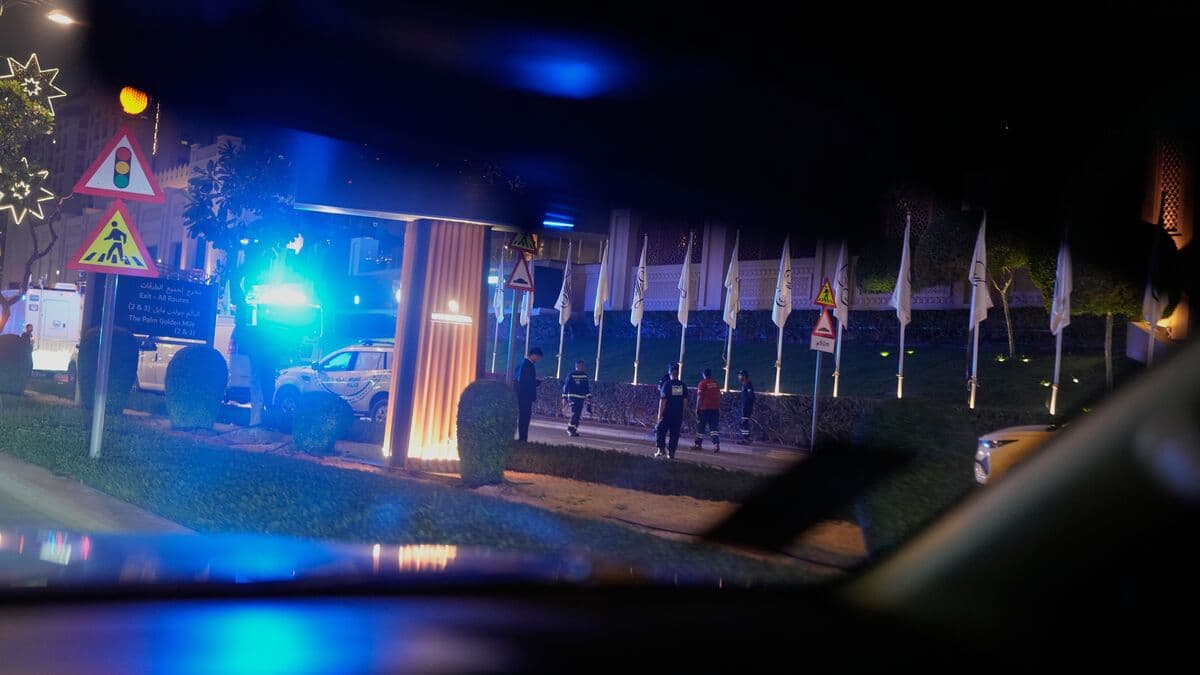In a new report, the UN-backed IPC warns of an impending, catastrophic famine in Gaza – but according to several aid organizations, the catastrophe is already here.
There is no food. Families have gone from eating one meal a day to no meals at all. I see children digging in trash for something edible, says Rachael Cummings at Save the Children at the digital press conference.
She describes the situation in Gaza as a desperate struggle for survival.
We have reached a "tipping point". If a drastic change does not happen now, thousands, potentially tens of thousands, will die of starvation.
For a few days now, Israel has allowed emergency aid from the air and on Monday, the country announced that 200 cars with supplies were driven into Gaza – but it is not enough, Cummings means.
Chaotic
We need a consistent supply of food and we do not have that. Earlier this year, we received supplies from 600 trucks daily, which covered the most basic needs. Now we have an entire population that is starving, then 200 cars are not enough.
She also criticizes the air-based aid for being chaotic, dangerous and difficult to distribute in an organized way.
Canadian doctor Tarek Loubani has been on the spot in Gaza for two months – he treats starving patients daily and has a hard time getting food himself.
I have lost 20 kilos since I got here. Yesterday, all I ate was a handful of rice, which is more than many others can get, he says.
"Cannot heal"
The patients he manages to care for – despite lacking resources – are too weak to recover.
There is no nutritious food, which is needed to heal.
Aid organizations also warn of the mental strain that the war and famine entail, especially for children.
Normally, around 20 percent of children need some form of psychosocial support to cope with the trauma after a conflict. In Gaza's case, it's about 90 percent, says Rob Williams at the organization War Child.
He says that a survey from the organization shows that the majority of children in Gaza live with the feeling that death is near every day – and that almost half think that death is preferable.
It's a level of trauma that we've never seen before.






